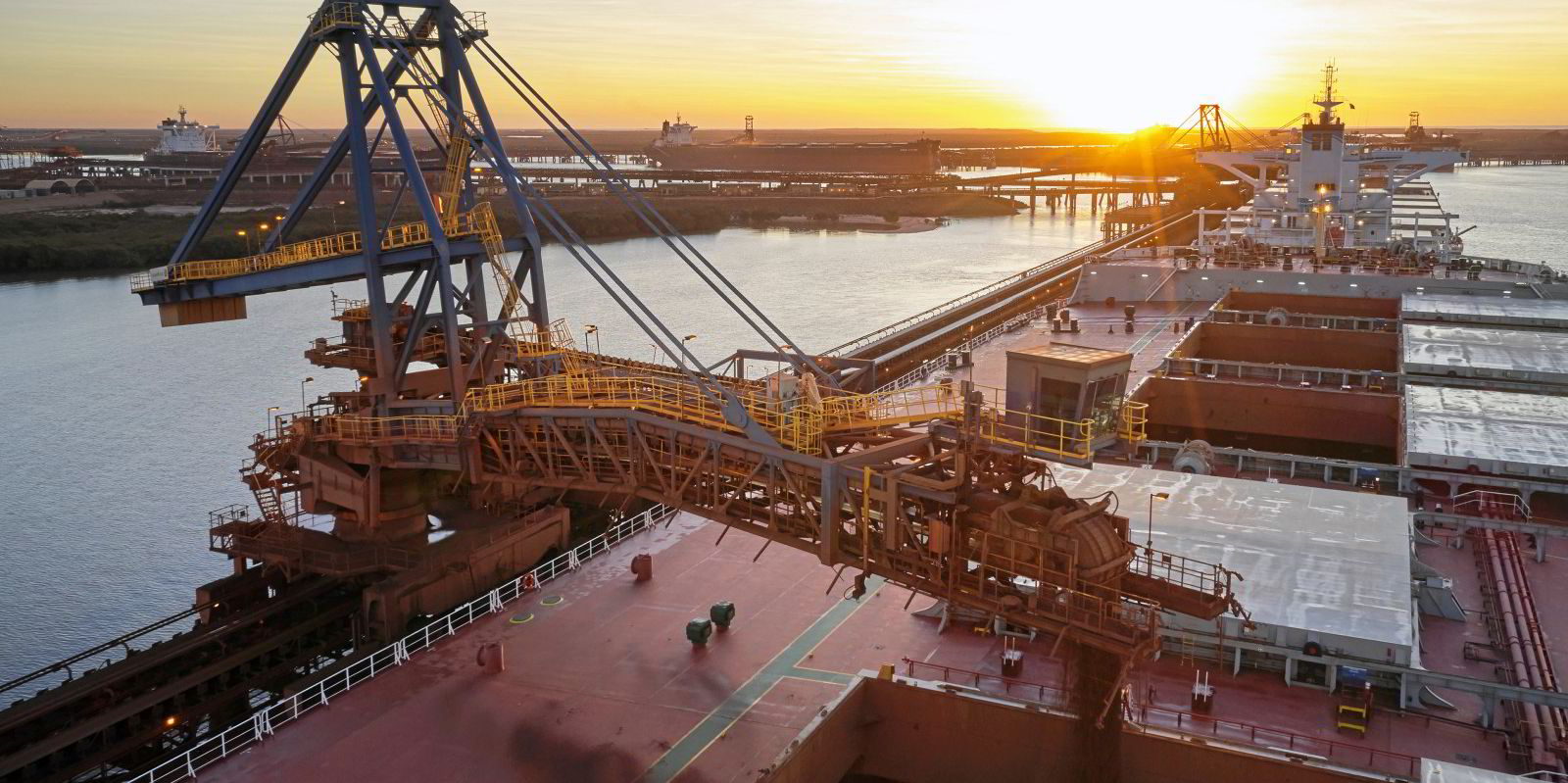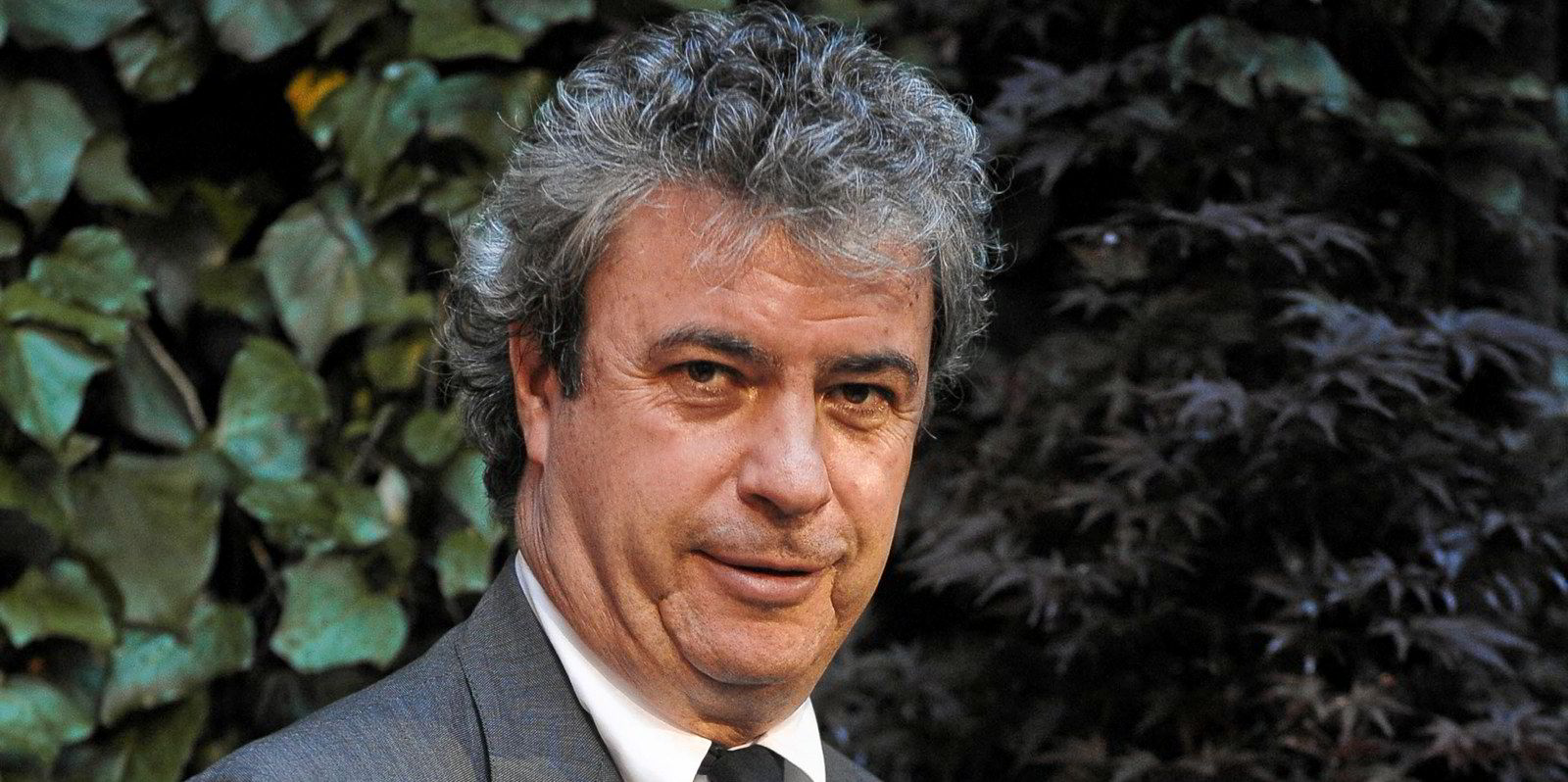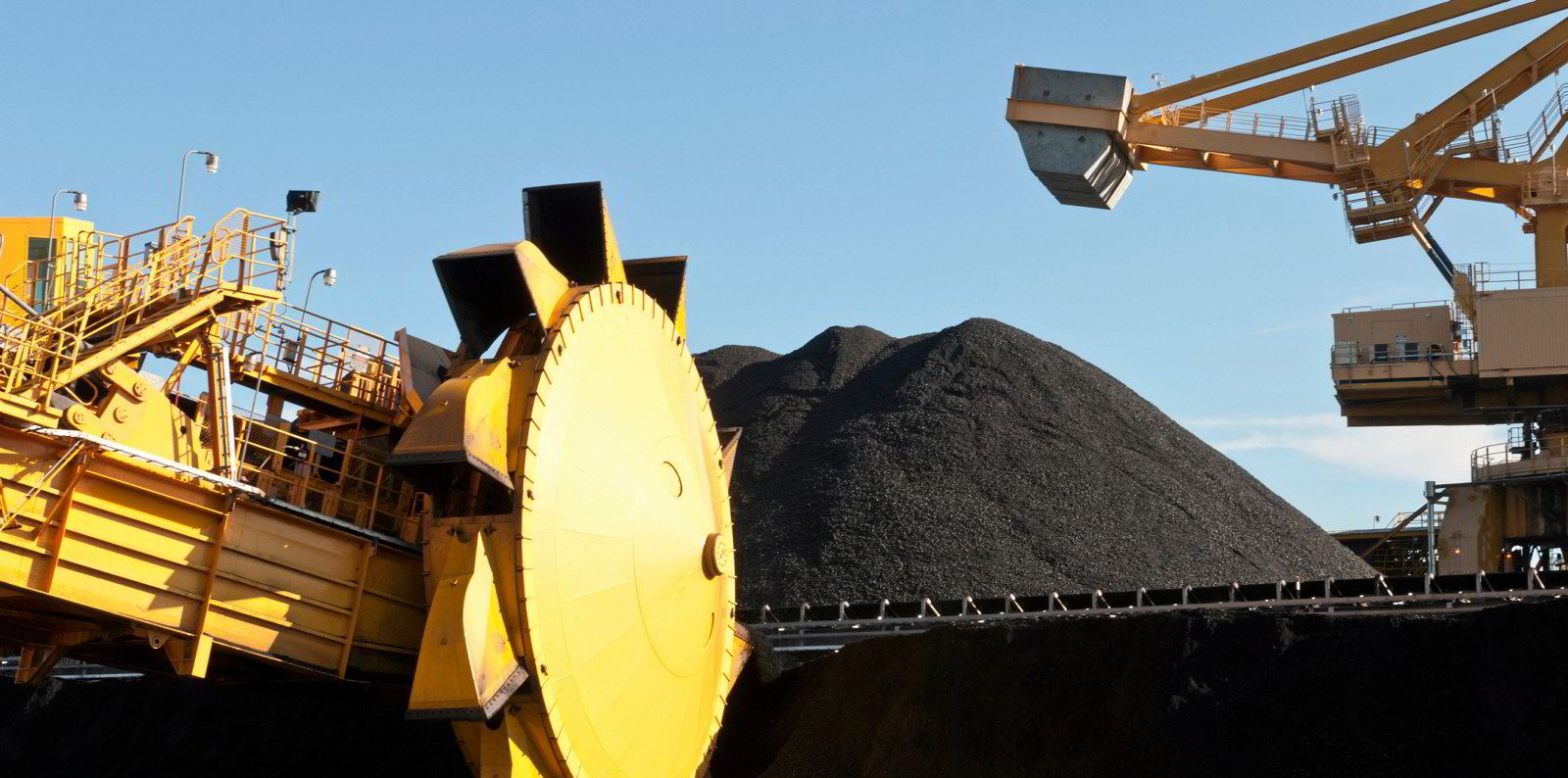Second-quarter futures contracts in the dry bulk spot market moved higher on Wednesday even as the spot market slid amid the sluggish Lunar New Year break.
Forward pricing for supramax spot rates jumped 3.6% to top $23,600 per day, which represents a 12% leap on second-quarter contracts traded a week earlier.
The second-quarter forward freight agreement contracts point to improvement from prevailing spot rates, with the supramax 10TC average of time-charter equivalent rates slipping less than a percentage point on Wednesday to $17,300 per day.
Supramax spot rates have been sliding since mid-December, when they peaked at just above $28,000 per day.
That came even as the Baltic Exchange pointed to quiet markets across the bulker sizes, as many countries in Asia celebrate a week-long holiday.
Still, in supramaxes, the mood was sanguine on Wednesday.
“While fresh activity remained scarce from Asia, brokers said that sentiment generally remained positive,” the exchange’s analysts said of the sector.
Among a handful of fixtures in the sector was a charter of Noma Kaiun’s 63,500-dwt HSL Chicago (built 2020) for a voyage from Turkey to the Far East at $30,000 per day.
With little to compare it to, Baltic Exchange analysts said some in the market described the ultramax charter as “strong”.
Cape FFAs rise
Elsewhere, next-quarter futures for the capesize market saw a similar gain, rising 2.8% to $27,900 per day. That represented a 7.2% improvement on the price of second-quarter contracts a week earlier.
The capesize 5TC, an average of spot rates across key routes, dipped 1.3% on Wednesday to $10,616 per day.
There were few fixtures to speak of in the sector, with Fortescue Metals Group taking an unnamed capesize to move a 160,000-tonne cargo from Western Australia to China at $7.60 per tonne. That is better than the most recent fixture of $6.50 on 27 January, but it is below the Baltic Exchange’s $7.88 per tonne assessment for the route on Tuesday.
“The capesize market slipped back today slightly, with little fresh activity being reported, with most players waiting for many in Asia to return to their desks,” the exchange said in its daily report.
“There was limited fixing in the Pacific and sentiment remained flat overall.”





